Arakan Army’s rise and its implications for the Rohingya
- Update Time : Thursday, November 21, 2024
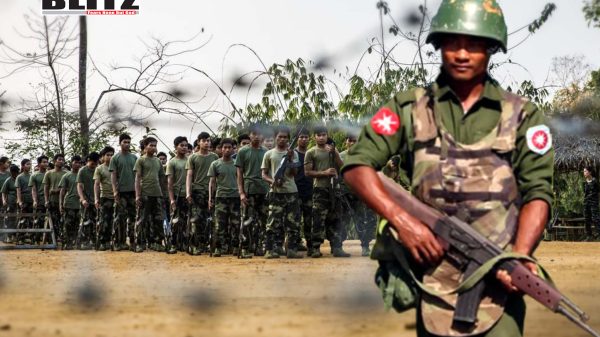
In the turbulent political landscape of Myanmar’s Rakhine State, the Arakan Army (AA) has emerged as a dominant force, dramatically altering the region’s dynamics. This rapid ascent carries significant implications, not just for Rakhine’s governance but also for the long-persecuted Rohingya minority. While the Arakan Army’s military achievements signal a potential break from the junta’s oppressive rule, its capacity to govern inclusively and address ethnic tensions remains unproven, raising both hope and concern for the state’s future.
The Arakan Army’s growth over the past decade has been extraordinary. Founded in 2009 with just 26 members, the group has transformed into a formidable military force with an estimated 40,000 troops. By October 2024, it controlled approximately two-thirds of Rakhine State, including strategic locations such as Sittwe, the Kyaukphyu Special Economic Zone, and the Western Command base of Myanmar’s military. The AA’s military success is marked by the creation of nine military zones across the state, cementing its control and reducing the junta’s influence.
This rise reflects not only the Arakan Army’s battlefield prowess but also its positioning as a credible alternative to Myanmar’s junta. By capitalizing on widespread discontent with the central government, the AA has built support among the Rakhine population, many of whom view the group as a potential agent of change.
Despite its military dominance, the Arakan Army faces significant challenges in transitioning from a rebel force to a governing authority. The International Crisis Group notes that while the AA has established de facto control over much of Rakhine, it lacks the institutional capacity to address the state’s deep socioeconomic issues. Rakhine remains one of Myanmar’s poorest states, grappling with high poverty rates, displacement, and interethnic tensions.
The Arakan Army has taken steps to build its governance credentials. Even before the military coup in 2021, it managed administrative and judicial functions in parts of Rakhine. Since expanding its territorial control, the group has sought to legitimize its authority by engaging with diverse communities and providing public services. Its involvement in post-Cyclone Mocha recovery efforts in May 2023 demonstrated its ability to mobilize resources and respond to crises, earning it some goodwill among local populations.
However, these governance efforts are still in their infancy. Bridging the gap between military dominance and effective administration will require significant resources, institutional development, and a commitment to inclusivity.
For the Rohingya, the rise of the Arakan Army presents a complex and precarious situation. Historically, the Rohingya have endured systematic persecution under Myanmar’s military regimes, including the infamous 2017 crackdown that led to accusations of genocide and forced hundreds of thousands to flee to neighboring Bangladesh. The AA’s ascent offers both potential relief and new risks for this marginalized community.
The Arakan Army has made some inclusive overtures toward the Rohingya, inviting their representatives into governance mechanisms and engaging with them on community issues. These gestures, while promising, must be accompanied by substantive actions to protect the Rohingya and ensure their rights. The AA’s ability to foster trust and reconciliation will be critical in reshaping the Rohingya’s relationship with the state.
However, the group’s actions on the ground have raised serious concerns. During its final offensive against junta forces in April and May 2024, the Arakan Army was implicated in atrocities against civilians, including the shelling and burning of Rohingya neighborhoods in Buthidaung Township. These acts forced thousands to flee, underscoring the persistent risks faced by the Rohingya even under new power structures.
This duality reflects the broader tensions within Rakhine’s political landscape. While the Arakan Army may view the Rohingya as a potential constituency, ethnic hierarchies and power struggles continue to shape its actions. The group’s willingness to commit violence against Rohingya communities suggests that its governance philosophy remains influenced by the entrenched divisions that have long plagued the state.
The Arakan Army’s success in governing Rakhine will hinge on its ability to address the state’s profound challenges. Rakhine’s poverty, displacement, and ethnic fragmentation require a governance model that prioritizes inclusion, economic development, and reconciliation. The group’s ability to engage constructively with the Rohingya will serve as a litmus test for its commitment to these principles.
If the Arakan Army can integrate the Rohingya into its governance structures, protect their rights, and address their grievances, it could pave the way for a more stable and inclusive Rakhine. Such efforts would also bolster its legitimacy as a governing authority, both domestically and in the eyes of the international community. Conversely, continued exclusion and violence against minorities will deepen the state’s divisions and undermine any prospects for long-term stability.
The international community has a critical role to play in shaping the future of Rakhine. Diplomatic engagement with the Arakan Army should emphasize the importance of protecting minority rights and establishing inclusive governance structures. Humanitarian assistance should be directed toward addressing the state’s pressing socioeconomic needs, particularly in Rohingya communities that have borne the brunt of Myanmar’s conflicts.
At the same time, accountability for human rights abuses must remain a priority. The Arakan Army’s actions during the Buthidaung offensive highlight the dangers of unchecked power. Ensuring accountability for all actors, including the AA, is essential for building a foundation of trust and justice in Rakhine.
The Arakan Army’s rise marks a turning point in Rakhine’s troubled history. Its military dominance offers an opportunity to break free from decades of junta rule, but its ability to govern inclusively and address the state’s deep-seated challenges remains uncertain. For the Rohingya, the group’s ascent is a double-edged sword, offering a chance for greater inclusion while exposing them to new risks.
The coming years will test whether the Arakan Army can transcend its origins as a rebel force and embrace its responsibilities as a governing authority. Success will depend on its willingness to prioritize inclusivity, protect minority rights, and address the root causes of Rakhine’s instability. For the sake of Rakhine’s diverse communities, including the Rohingya, this transition cannot come soon enough.



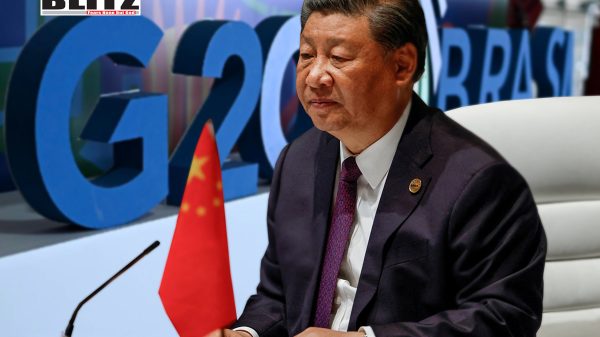
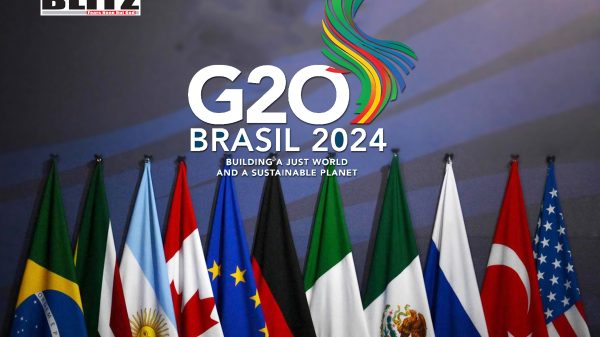
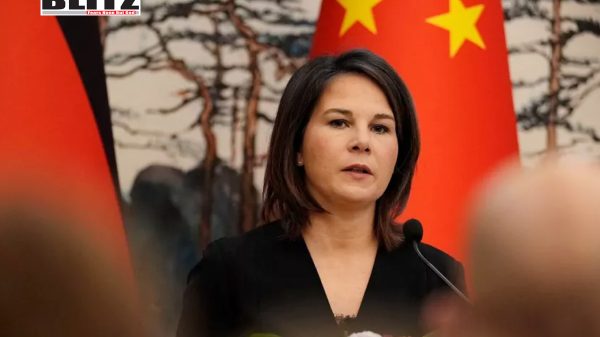
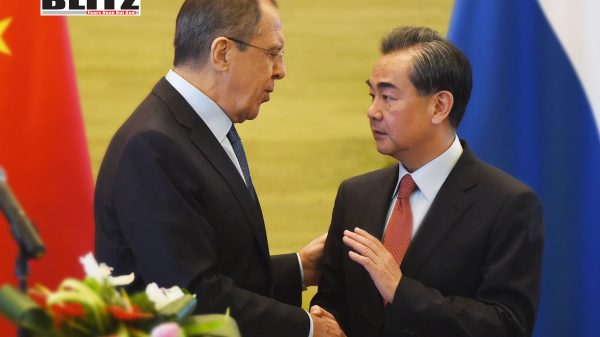


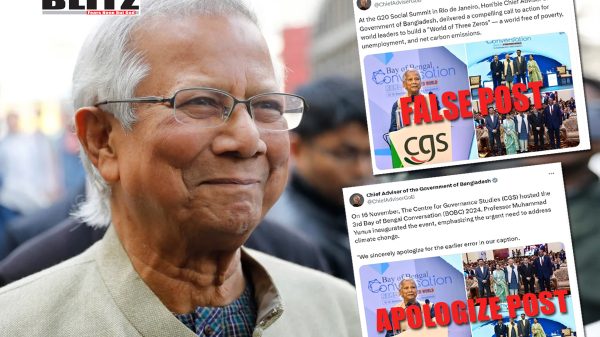

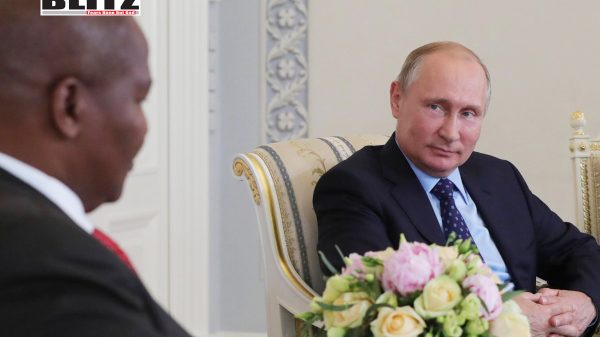

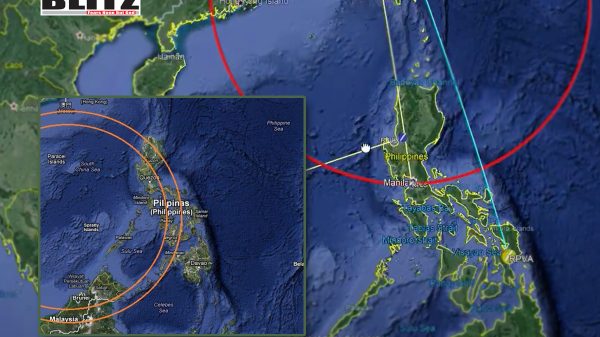


Leave a Reply